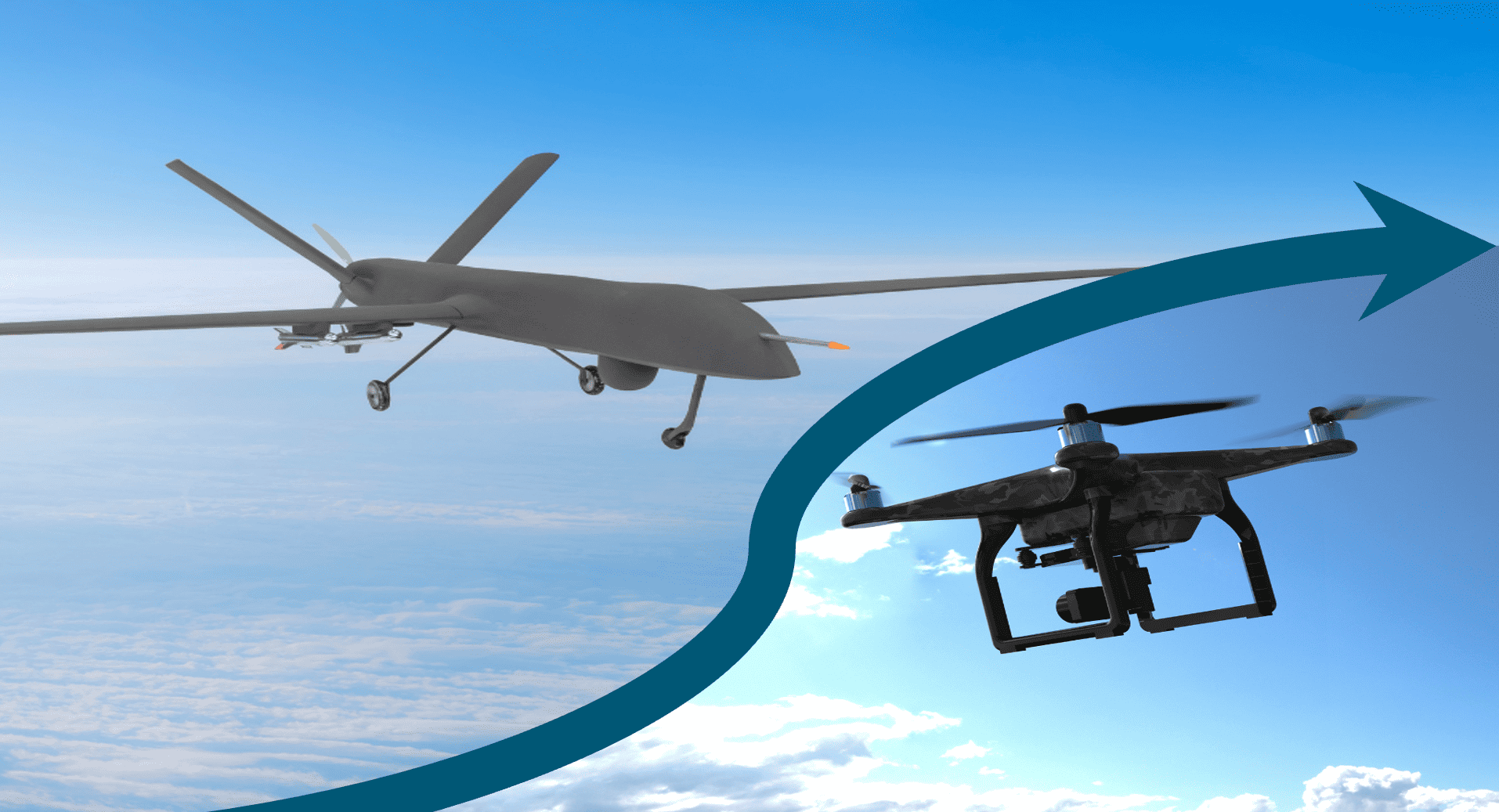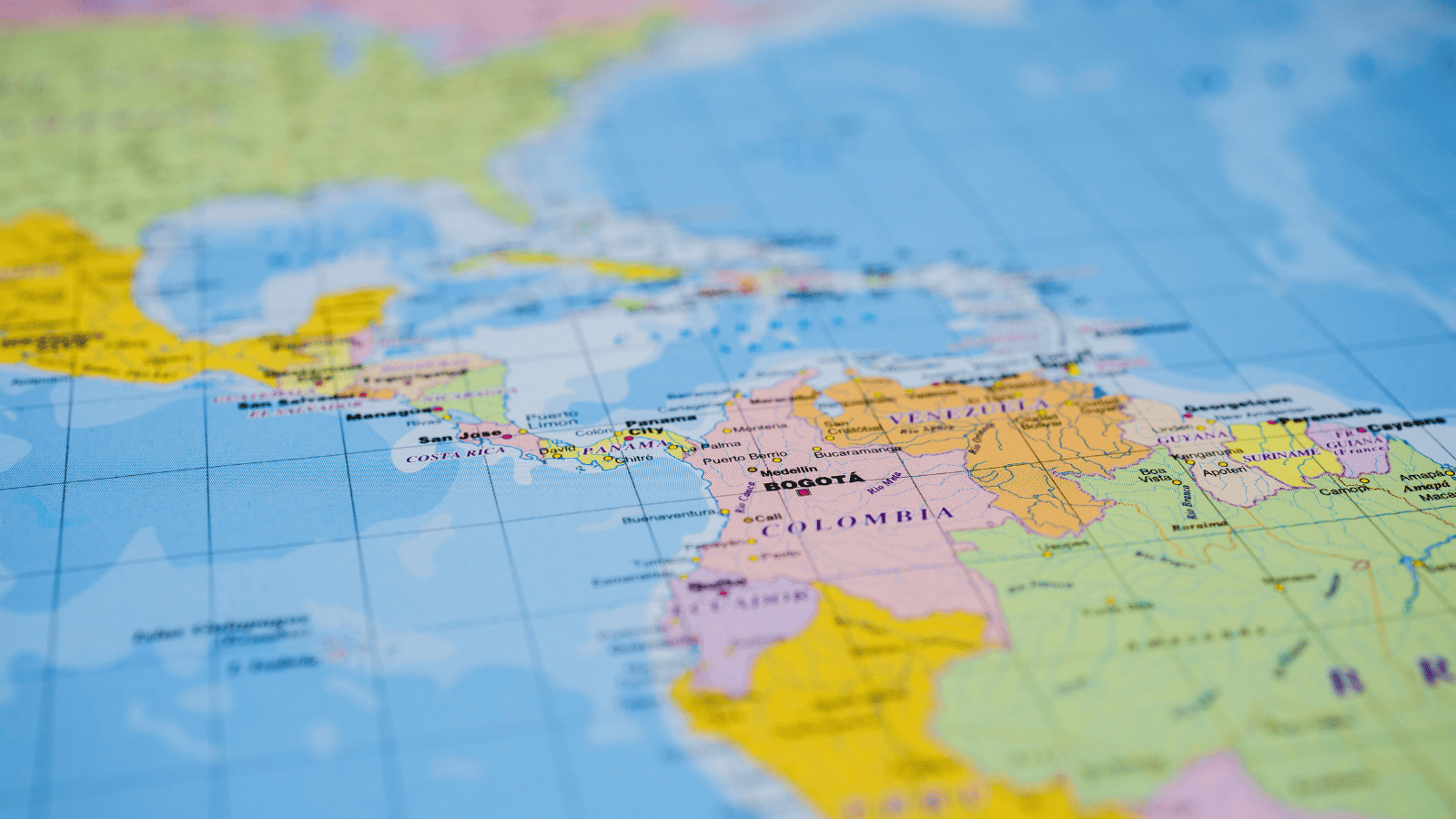
The EU’s leadership in shaping the drone sector
Drones represent a significant technological breakthrough that brings both exciting opportunities and

European ports are facing increasing drug seizures, particularly in Antwerp, Hamburg, Rotterdam, and Valencia. Illicit drugs are often concealed in shipments intended for legal trade coming from Latin America and the Caribbean (LAC). Minimizing the negative impact on both sides of the Atlantic of drug trafficking, requires increased cooperation between these regions as well as within Europe.
From 76 tons of cocaine seized in Europe during 2016, the number rose to a record-high of 223 tons in 2020, according to data from the European Monitoring Centre for Drugs and Drug Addiction.
95% of drug trafficking is done by sea. That is why international organized crime takes advantage of legal trade to transport illicit substances. A significant portion of LAC’s exports to the EU are agri-food products, shipped by sea. Cocaine is often found in legal agri-food exports from LAC to the EU, creating reputational damage to the countries of origin and its legal exporters, while adding costs to legal trade in producing countries because of security pressures to protect and ensure resilient supply chains.
The enormous revenue of drug trafficking fuels transnational crime, terrorism, arms and human trafficking, among others. Criminals find unique methods to transport narcotics to markets in the United States and the EU. Consequently, transnational drug trafficking undermines port security and port cities security in the EU, but it requires a transnational approach to address it.
Since drug trafficking is inherently a transnational activity crossing borders and seas, an isolated approach by EU Member States to address port security is insufficient. Similarly, focusing solely on EU ports’ security is not enough. In fact, ideally, drugs should not even reach EU ports. The EU Roadmap to combat drug trafficking and organized crime, the European Ports Alliance, and increasing EU-LAC cooperation on safe trade, are crucial in addressing drug trafficking.
The European Ports Alliance, launched in January 2024 by the European Commission, underscores the vulnerability of European ports to drug smuggling, as the main entry points for EU trade volumes. Public and private entities under the Alliance aim to unite efforts against drug trafficking, enhance law enforcement in ports, and establish partnerships to raise awareness and support port authorities and shipping companies in combating drug trafficking and criminal infiltration.
On October of 2022, Belgium, Germany, France, Italy, Spain, and the Netherlands formed the Coalition of European countries fighting serious and organized crime to increase cooperation and disrupt drug trafficking via ports. This coalition intends to expand cooperation with LAC to dismantle criminal networks. The Declaration of La Paz signed in February 2024 by the EU and CELAC reinforces security cooperation against drug production and trafficking.
The European focus on ensuring secure ports reflects the priority given to this issue, considering the threat that illegal narcotics pose to public health, safety, and commercial interests in both LAC and the EU. Given the global nature of drug smuggling, which involves individuals from various regions, a transnational strategy is imperative to address the economic, social and security implications of this criminal activity.
However, given the volume of legal trade, a concentrated focus on ports will never suffice the security objective. Enhanced cooperation within the EU, and between the EU and LAC, involving both public and private actors, is critical in combatting drug trafficking in order to guarantee trans-Atlantic security and threat prevention.


Drones represent a significant technological breakthrough that brings both exciting opportunities and

The European Union (EU) needs to strengthen its ties with Latin America

Industrial policy is back in action Is the Netherlands still an attractive